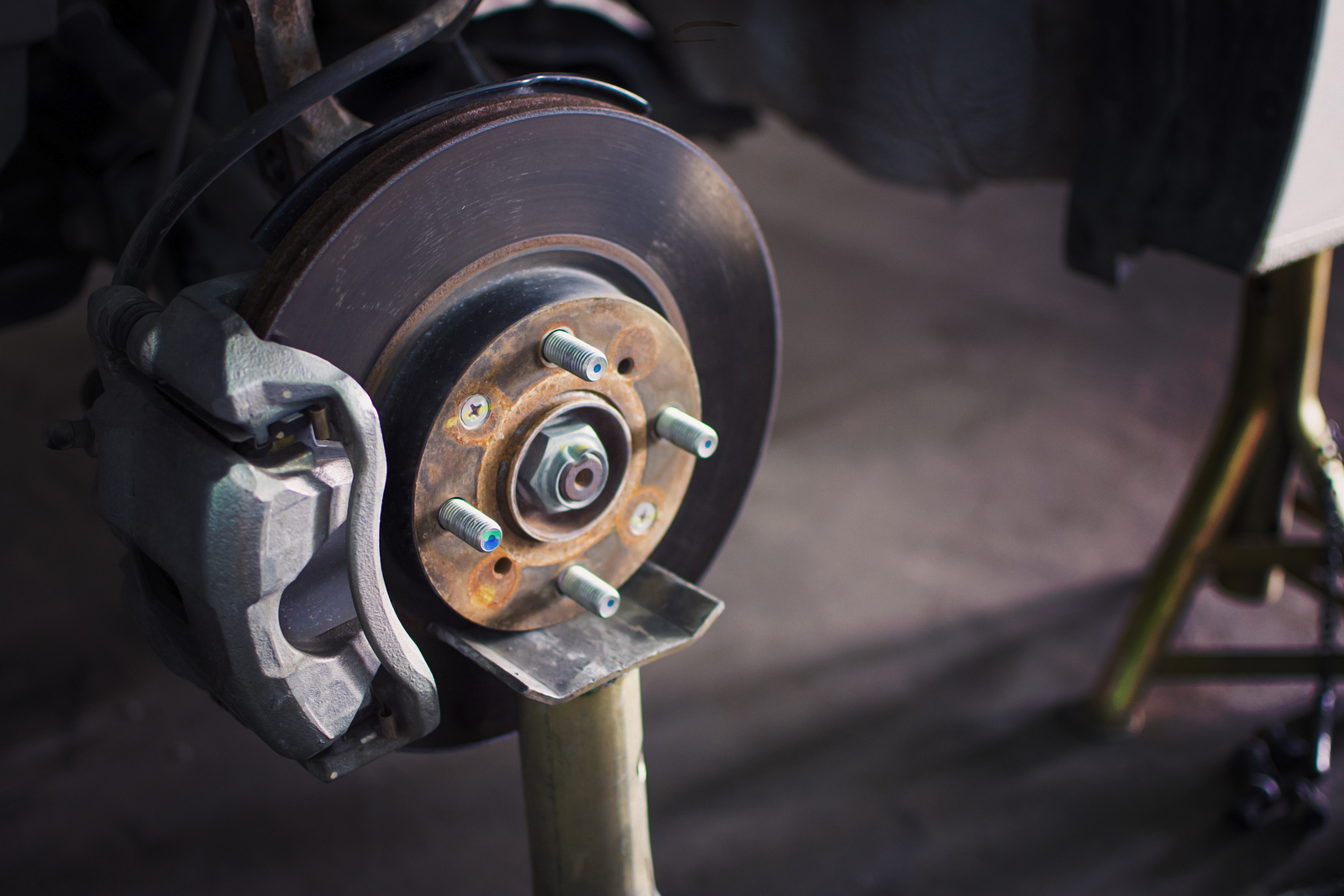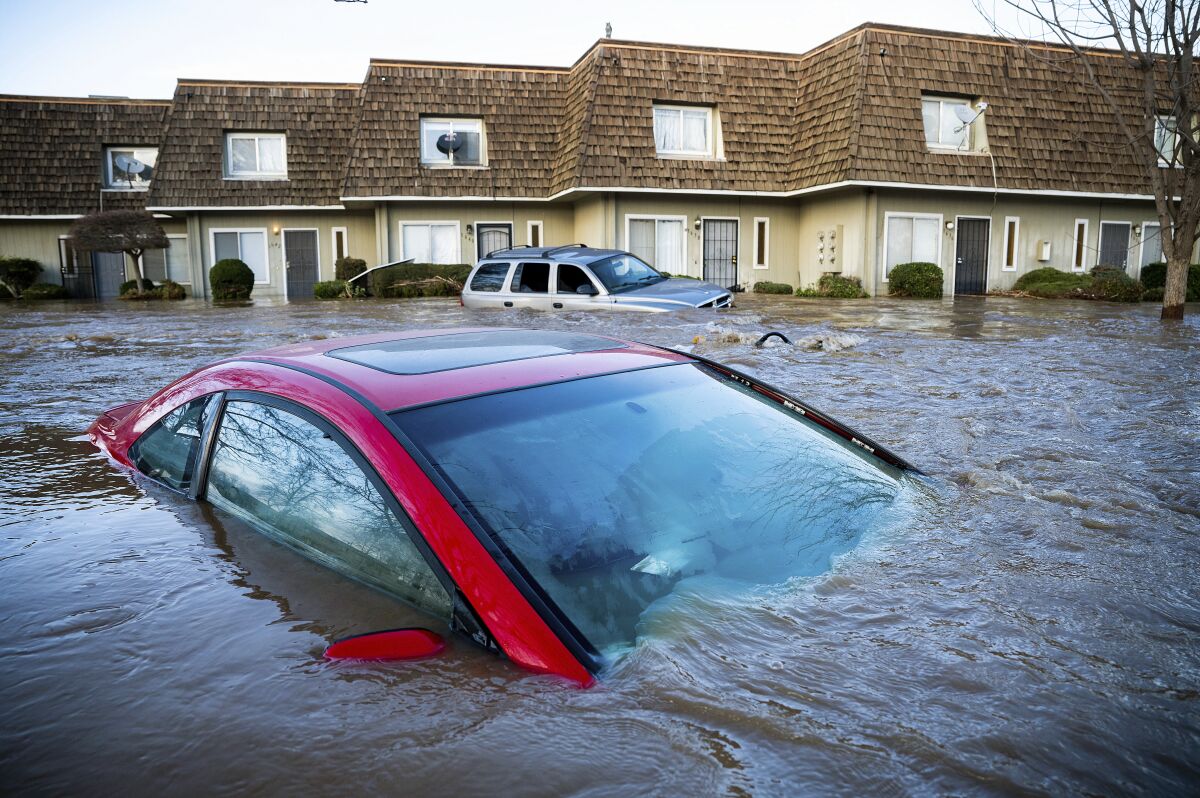Losing control of your vehicle due to Brake Failure is a terrifying and potentially life-threatening situation that no driver wants to experience. Understanding the causes of disc malfunction and taking steps to prevent it can help ensure your safety on the road. In this blog post, we will explore the common causes of brake failure and provide tips on preventing it from happening to you.
Fluid Contamination:
One of the most common causes is contamination. Contaminated damper fluid can cause a loss of hydraulic pressure, resulting in a soft or spongy disc pedal and reduced control to stop performance. Regular restraint fluid flushes and inspections can prevent contamination, rust, and corrosion in the binder system, ensuring proper control functioning.
Pad Wear:
Over time, the friction material on pads wears down, reducing their ability to grip the anchor rotors and slow down the vehicle. This can increase stopping distances and reduce the effectiveness of your control on the vehicle. Regular inspections and maintenance can help identify worn pads and prevent failure due to pad wear. Replacing worn pads promptly is essential to ensure your safety on the road.
Disc Line Damage:
Damaged constraint lines can lead to rotor failure by causing a loss of hydraulic pressure. Binder lines can become damaged due to corrosion, leaks, or physical damage. Keeping up with a car update can help identify signs of line damage, preventing decreased performance or disc failure. Also, check out what are the best brake pads for your vehicle.
Overheating:
Constraint system overheating can cause the binder to fade, which is a performance loss due to the overheating of anchor components. Damper fade can occur during prolonged or aggressive braking, such as when driving downhill or towing heavy loads. The proper stopping technique is vital to prevent the system from overheating and avoid excessive use. Downshifting to a lower gear can also help reduce the load and prevent overheating.
Remember, if you ever experience malfunction while driving, staying calm and taking immediate action to minimize the risks is crucial. Here are some steps you can take in the event of a breakdown:
1. Stay calm: Panicking will exacerbate the situation. Remember to take a deep breath and remain calm and composed.
2. Downshift: Downshifting to a lower gear can help slow down the vehicle if you’re driving a manual transmission vehicle. This can provide some control power, although it may not be as effective as the discs.
3. Use the emergency brake: Engaging the emergency anchor can help slow down the vehicle. However, be cautious, as it can cause the rear wheels to lock up, potentially causing the vehicle to skid.
4. Pump the brakes: If you have an older vehicle with a non-ABS system, pumping the binder rapidly can help build up hydraulic pressure and regain some power. For vehicles with ABS, apply firm and steady pressure to the pause pedal.
5. Look for a safe place to stop: Scan the road for a safe place to pull over, such as a wide shoulder or parking lot. If you are in a difficult driving situation, using your hazard lights to signal other drivers is a good idea.
6. Use the horn and lights: If you cannot slow down or stop, use your horn and lights to alert other drivers of your situation. This can help prevent accidents and give other drivers time to react.
7. Call for help: Once you’ve safely stopped, call for roadside assistance or emergency services to help you with your situation.
Preventing collapse is always better than dealing with it on the road. Here are some tips to help you maintain your restraint and prevent a breakdown:
Regular maintenance: Follow your vehicle manufacturer’s recommended maintenance schedule. This includes regular inspections and replacements as needed.
Fluid flush: Have your fluid flushed and replaced according to your vehicle manufacturer’s recommendations. This helps prevent contamination and maintains the proper functioning of your stopping control.
Avoid aggressive driving: Aggressive driving, such as hard braking and rapid acceleration, can strain your discs unnecessarily. Avoid these habits to extend the life of your binders.
Attention to warning signs: If you notice any signs, such as squealing or grinding noises, a soft or spongy pedal, or a pulsating, have your constraint inspected and repaired as soon as possible.
One of the most important safety features in your vehicle is the brakes. Proper maintenance, awareness of potential failure, and staying calm during a breakdown can reduce risks and ensure a safe driving experience.
Following all the tips from this article can help you be prepared to stay alert and what to do if you land in that situation. If your car has more problems due to the lack of maintenance, causing brake failure and more issues, you can also consider selling your vehicle. Refrain from going through any hassle and getting money in your pockets instead.
Are you in Houston wondering, “How do you get cash for junk cars near me?” Your best option will be to contact 832 Cash For Cars for a fast and efficient process. Call or text 832-931-8173 for a free quote and more information.




